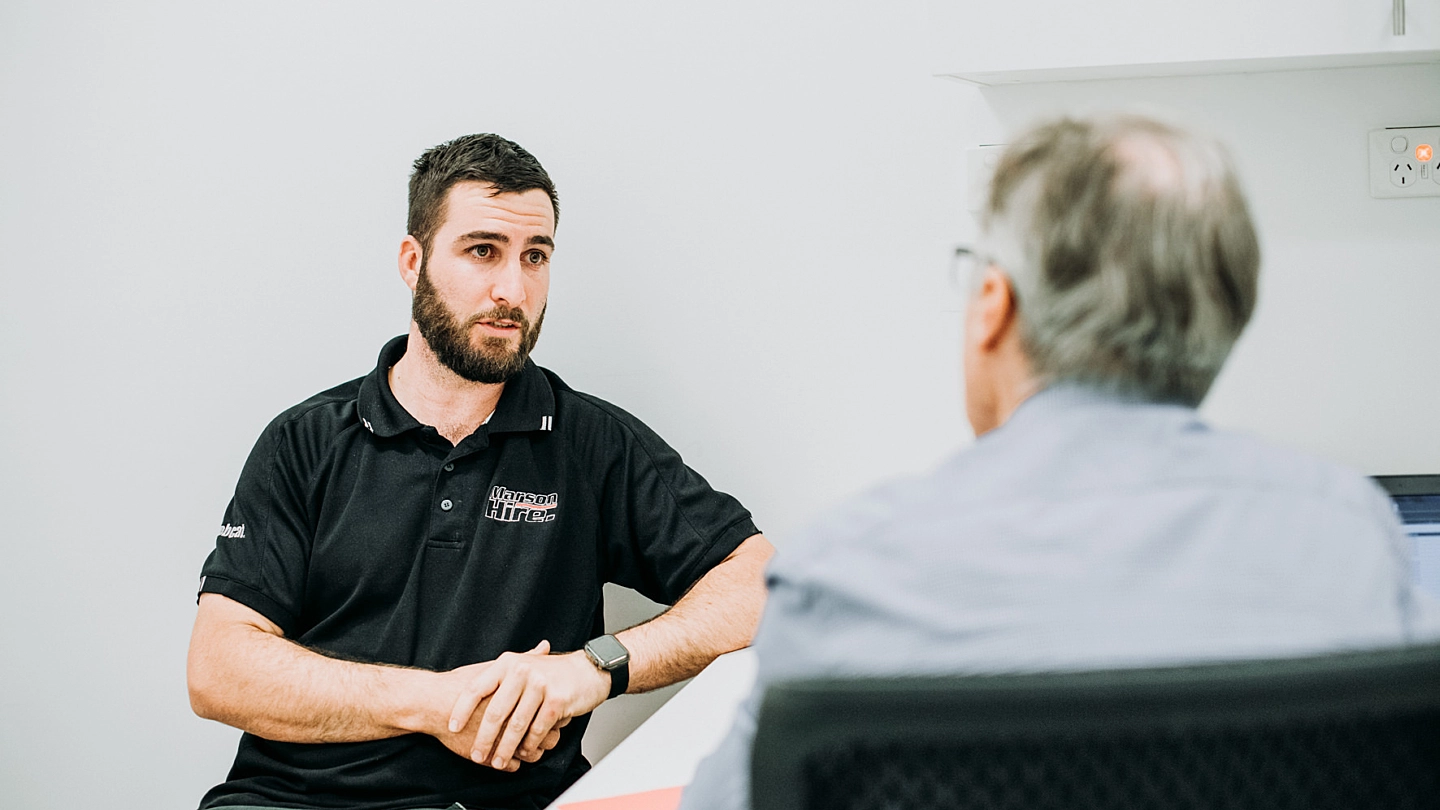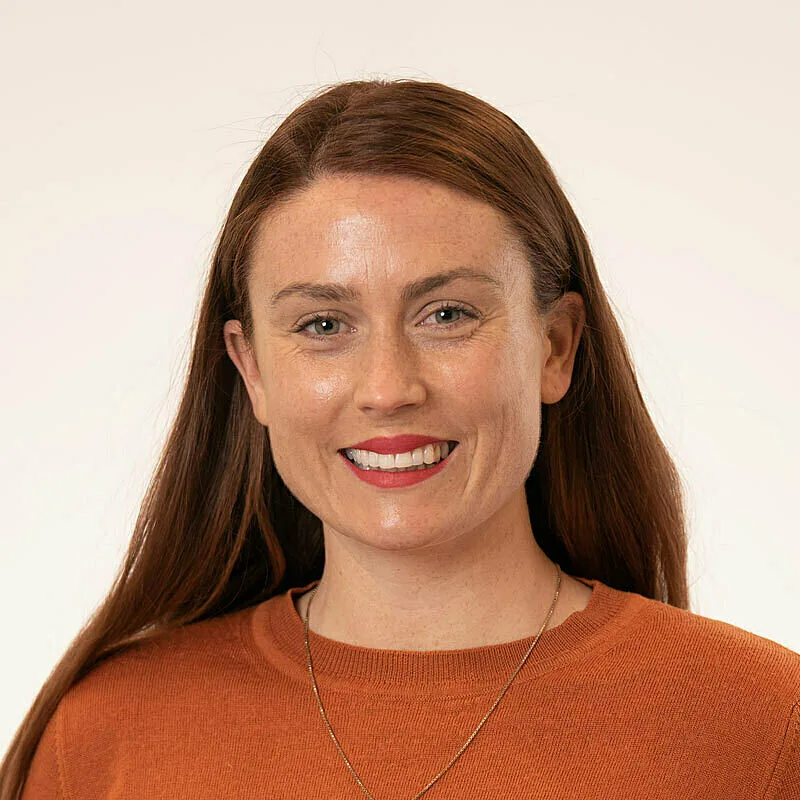Multiple myeloma is an inherently difficult disease to treat, with many therapies ultimately failing to keep the disease under control.
As a result, patients are treated with multiple lines of therapy, with no idea how they will respond to each.
Research shows people with myeloma experience high levels of anxiety and depression, and the lowest quality of life of any cancer type. Bringing together researchers from SAHMRI, University of Adelaide, Health Translation SA, Flinders University, University of South Australia, University of the Sunshine Coast and University of Technology Sydney, the 'MyWELL Study', will tailor an existing evidence-based mental health and wellbeing program, with the ultimate goal of delivering it at scale to patients, in partnership with Myeloma Australia.
Led by cancer care researcher, Dr Hannah Wardill, and wellbeing intervention expert, Dr Matthew Iasiello, collaborators will work closely with consumer advocates to tailor a customised version of the 'Be Well Plan', an existing 6-week long evidence-based mental health and wellbeing program created by Be Well Co.
Once developed and trialed, the ultimate goal is to deliver the program at scale to patients around the country, in partnership with Myeloma Australia.
The ongoing care provided to those with myeloma is almost exclusively focused on controlling the disease, with very limited allowance for mental health needs.
The project team are looking for expressions of interest of anyone diagnosed with either Smouldering Myeloma or Multiple Myeloma who would like to get involved in the project.
Participation from across Australia is welcome. If you would like to be involved, please enter your details below.
Get Involved
Project Leader
PARTNERING INSTITUTIONS
Flinders University, UniSA, University of Adelaide, University of the Sunshine Coast, Myeloma Australia, University of Technology Sydney, Health Translation SA


